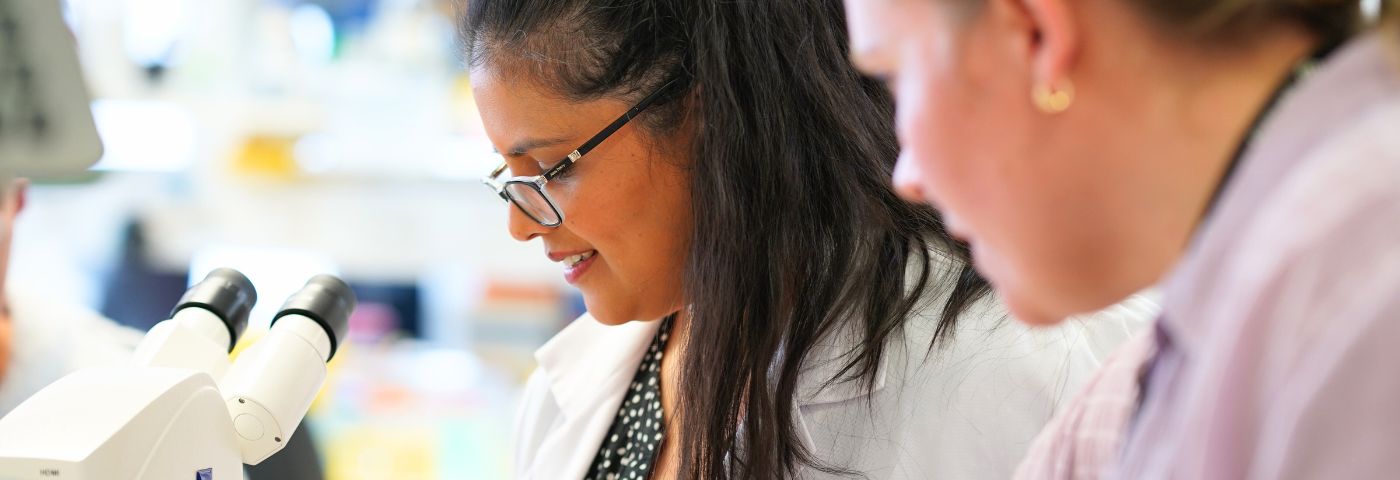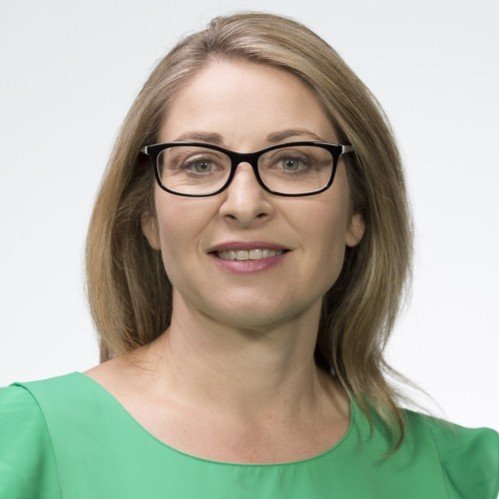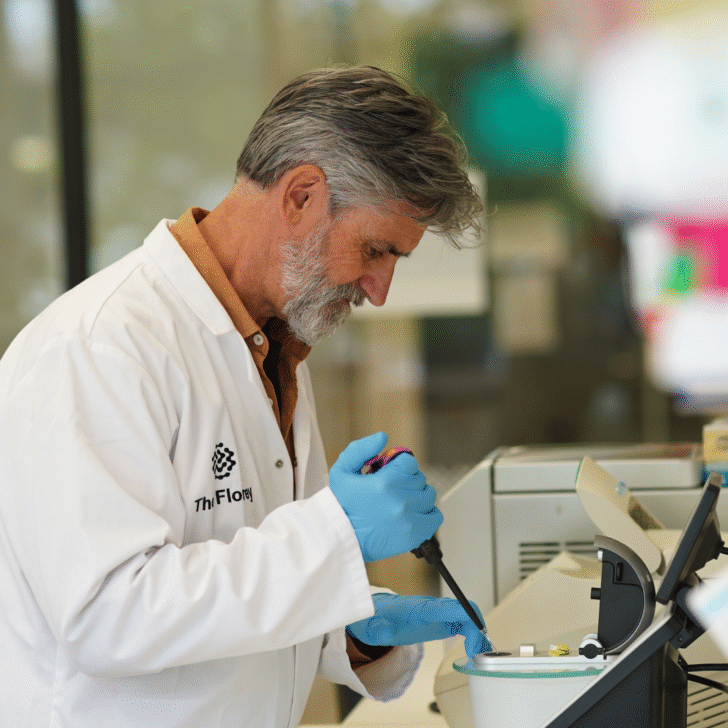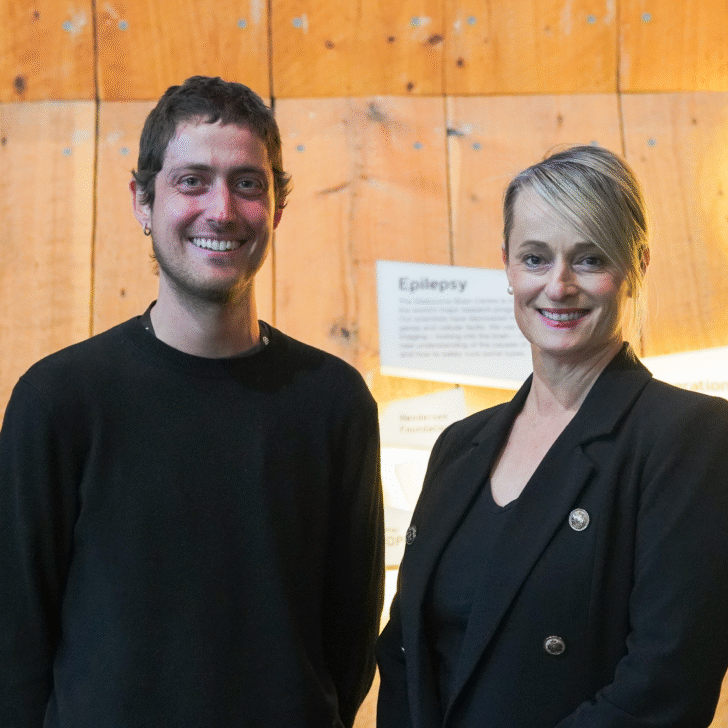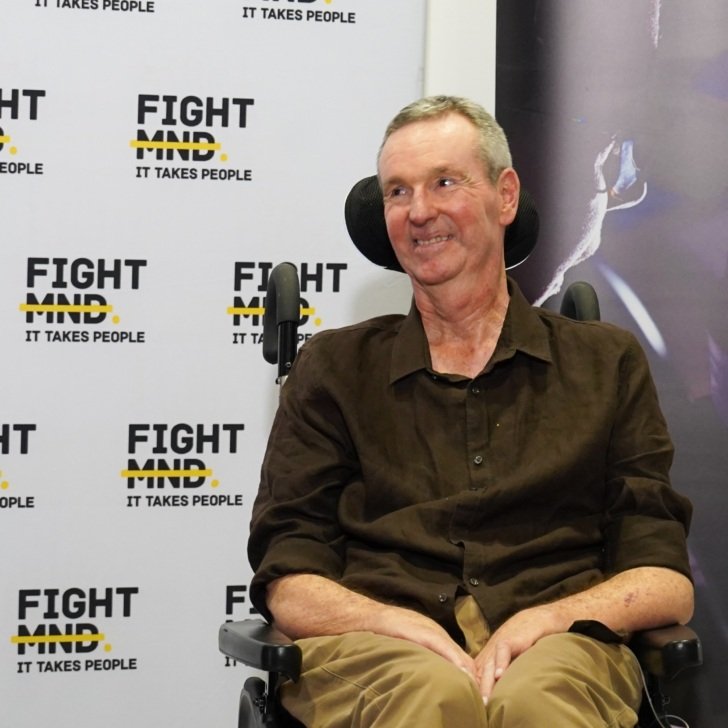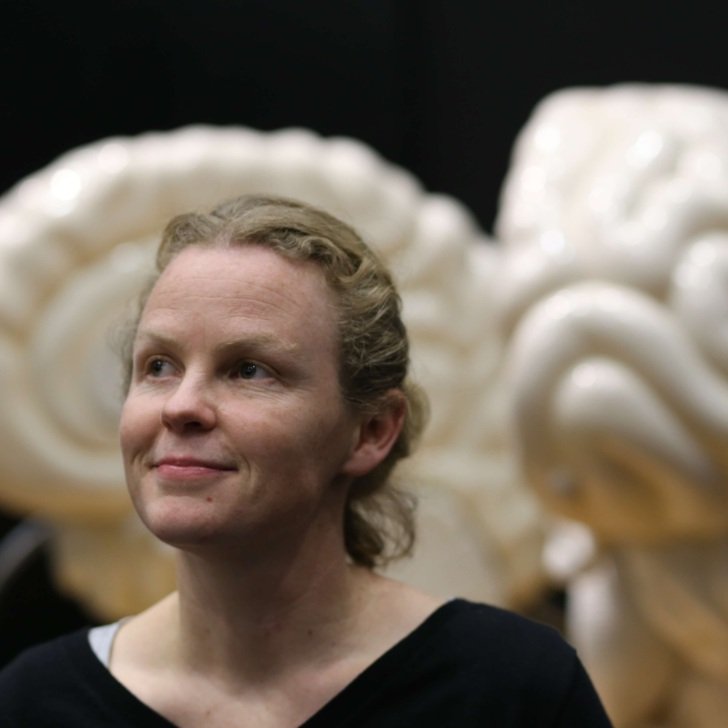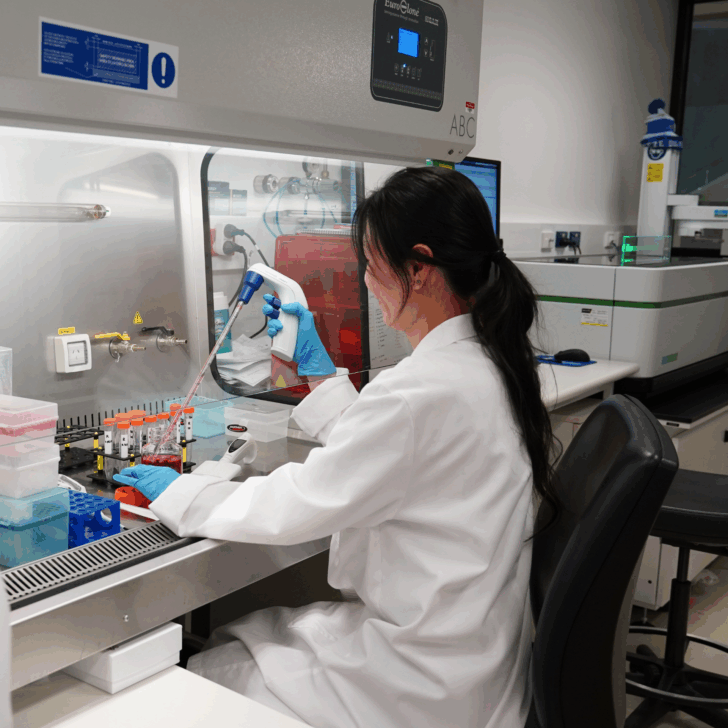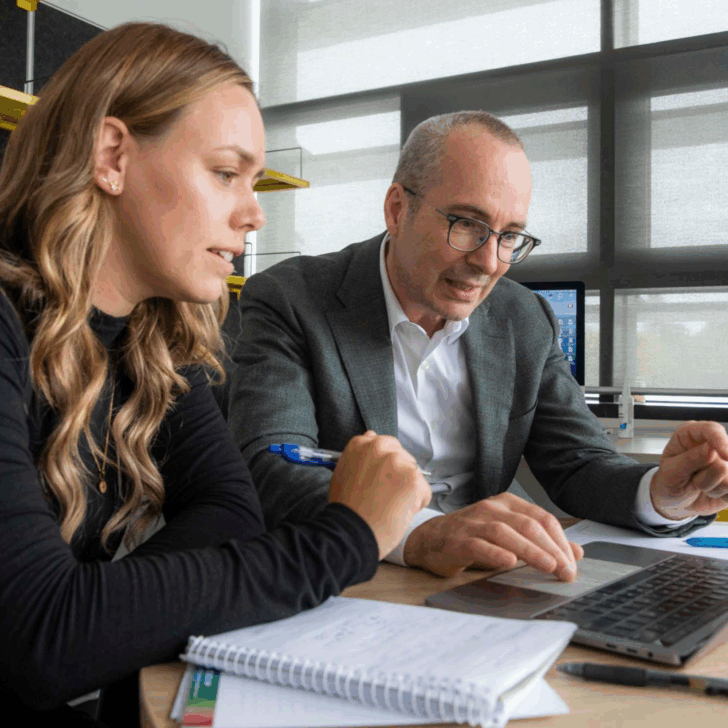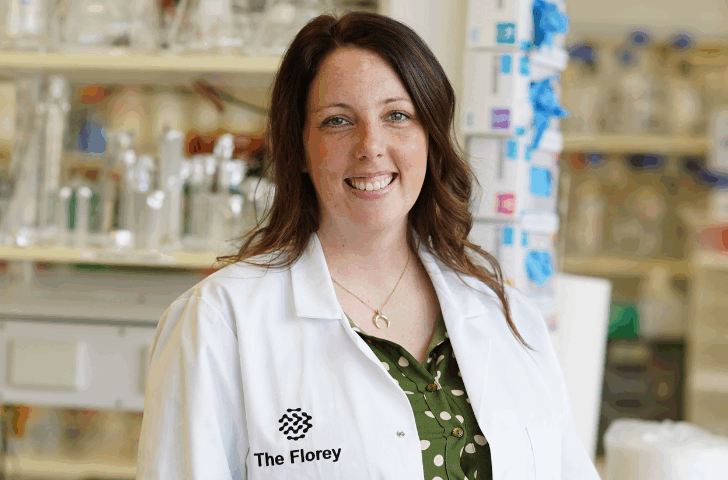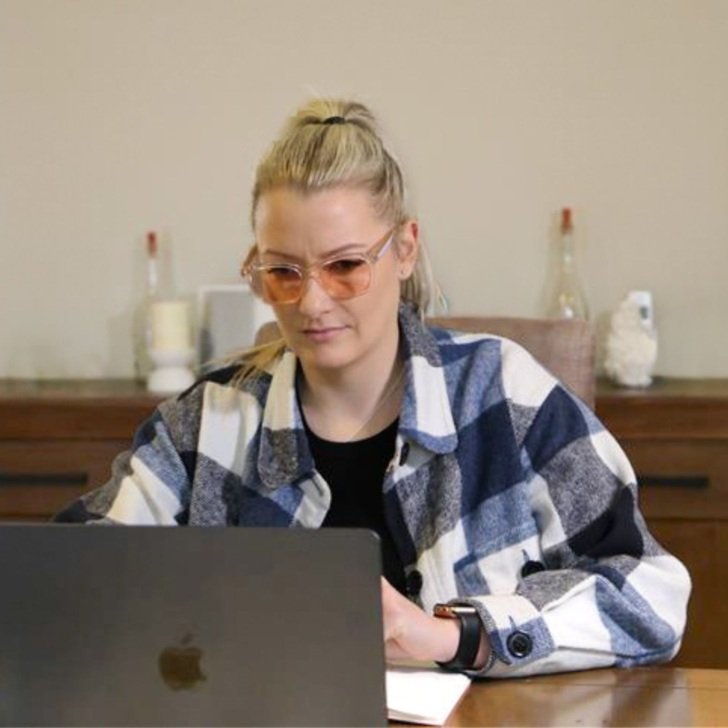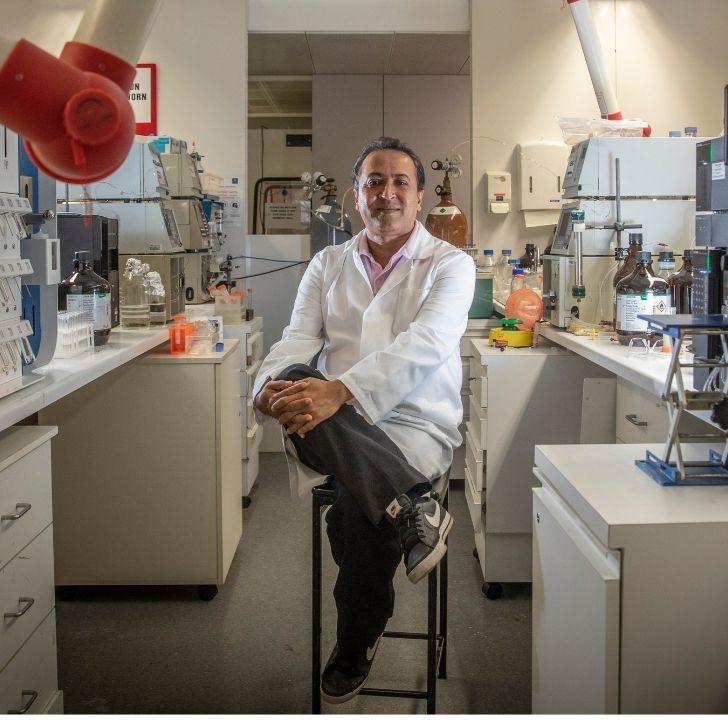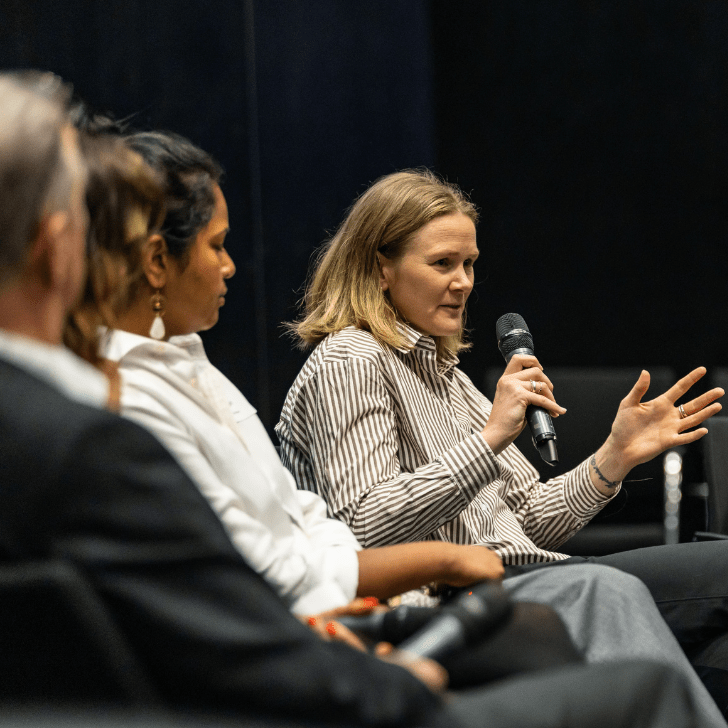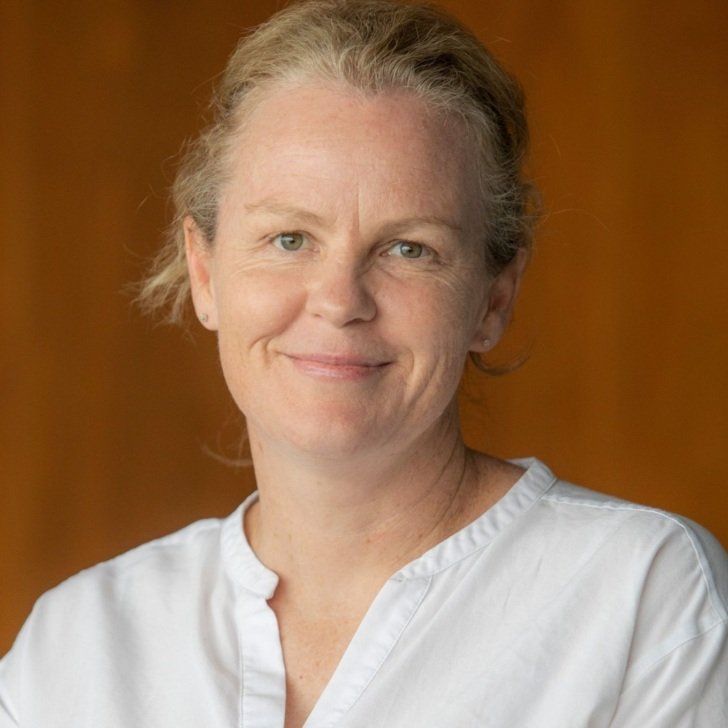- 21 June is MND Global Awareness Day.
- Limited knowledge of MND in the general public can often cause a feeling of hopelessness in patients with MND.
- Dr Thanuja Dharmadasa has a vision of launching a specialist multidisciplinary MND clinical research centre in Melbourne.
Changing the care model for MND patients
Motor neurone disease (MND) refers to a group of neurological conditions that lead to muscle weakness, and progressively, physical disability.
MND usually develops quickly once symptoms begin, with an average life expectancy of 2–3 years from diagnosis.
Dr Thanuja Dharmadasa wants to change the model of care for motor neurone disease patients, providing hope by integrating best clinical practice, innovative research, clinical trials and access to new treatments.

Experiencing diagnosis of MND
A tingling sensation and weakness down one arm were the first signs for John*, a successful Melbourne businessman, that something was wrong.
It was December 2023, and the busy, otherwise fit and active 57-year-old was due to fly overseas with his family for Christmas. He wanted to check all was well, and his doctor referred him to a neurologist.
“It’s not certain,” the specialist told him bluntly. “You’ve got MND. There’s no cure.”
It was so sudden, so final. Stunned, John and his wife went home with some out-of-date brochures and the phone number for a palliative care service.
“That was a tough week,” says John, using a pseudonym because he hasn’t told many people of his illness.
John, his wife and three grown children, were reeling. Like many Australians, their knowledge of MND was limited to high profile AFL legend Neale Daniher’s story.
“You see Neale on the TV, and you can see it’s pretty debilitating,” John says.
MND can be hereditary, but not in John’s case. He felt lost and hopeless. Then a friend mentioned The Florey, and he connected with Dr Thanuja Dharmadasa.
Thanuja was reassuring and positive. She said, ‘We are going to be one step ahead of this, all the way’. It brought such peace of mind. It sounds cheesy, but after the week we had, we felt supported.
She encouraged John to take the family trip as planned and see her again in January.
But John’s initial experience can be typical for MND patients.
Dr Dharmadasa says, “Traditionally, patients were diagnosed with MND, and sent home to manage. But there’s been major progress in our understanding of MND and now a lot can be done to improve quality of life and survival. This is particularly true for patients in a multidisciplinary comprehensive care clinic, a model of care more powerful than any drug ever tried for MND.”
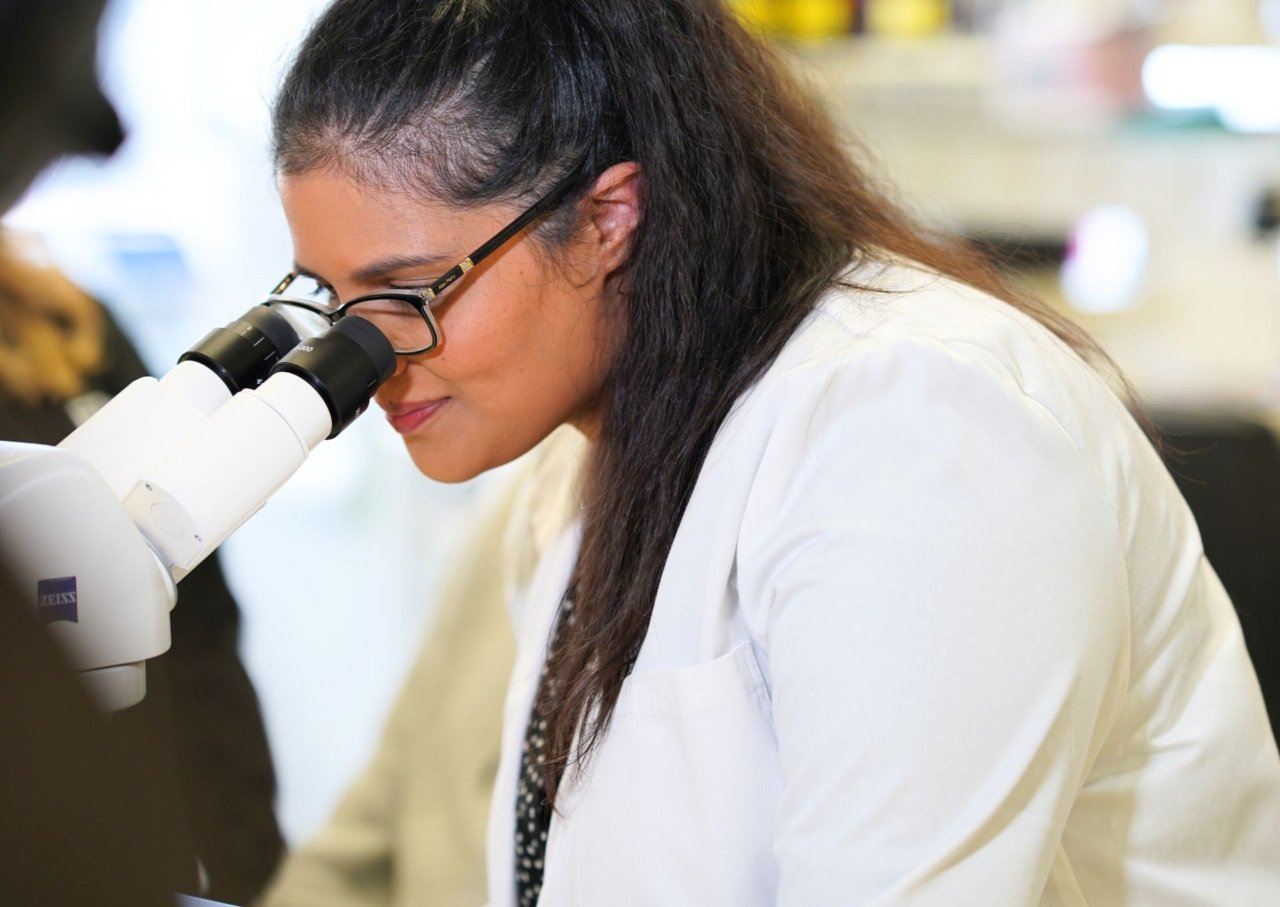
A neurologist working at the Royal Melbourne Hospital and a clinician-researcher with The Florey, Dr Dharmadasa is fulfilling her ambition of launching a specialist multidisciplinary MND clinical research centre in Melbourne.
My vision is to link patients, the people caring for them, and the researchers working to understand and cure this disease and drive best clinical practice.
The clinical research centre wouldn’t be happening without the generous funding and support from FightMND and MND Research Australia, she says.
Dr Dharmadasa hopes to improve knowledge and understanding of MND through her work with a 7 Tesla (7T) MRI machine used to track changes occurring in the brain as MND progresses. She is also collaborating with the University of Oxford to develop advanced clinically relevant techniques to understand the earliest changes that occur at the disease’s onset.
“For a specialist neurologist, making the diagnosis is usually fairly straightforward, but two common questions I get from patients in the clinic: ‘How will my disease progress?’ and ‘What’s my prognosis?’ The median survival is 3-5 years, but there’s a lot of variability,” she says.
Meanwhile, John and his wife are maintaining a positive attitude.
“At the moment I’m physically feeling pretty good,” John says.
“I’m still travelling a lot for my business, but my wife is coming with me more now which is great. I’m also spending more time at the beach, where it’s quiet and relaxing. There’s a lot to digest, but I’m going to continue this way for as long as I can.”
